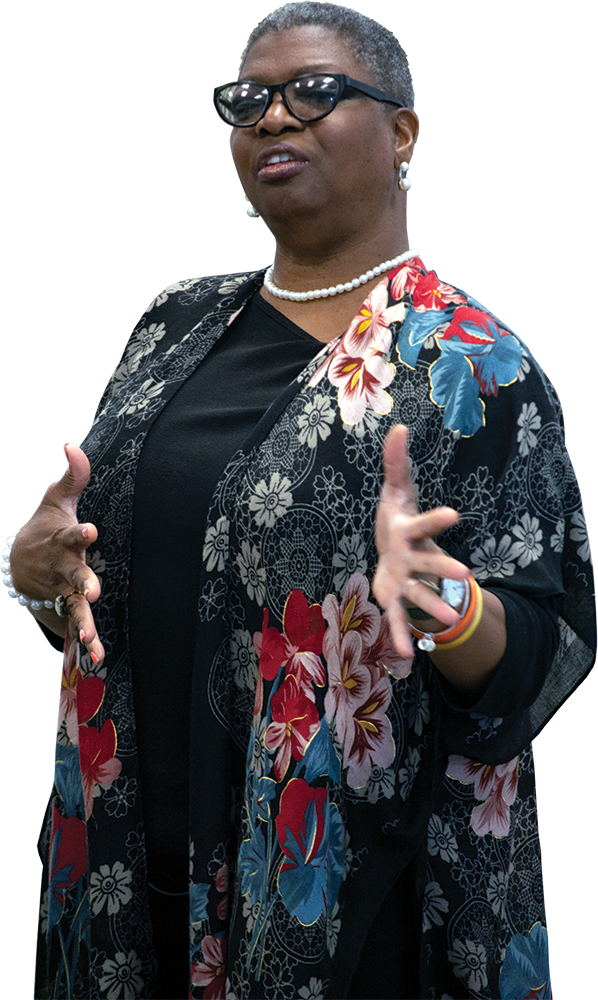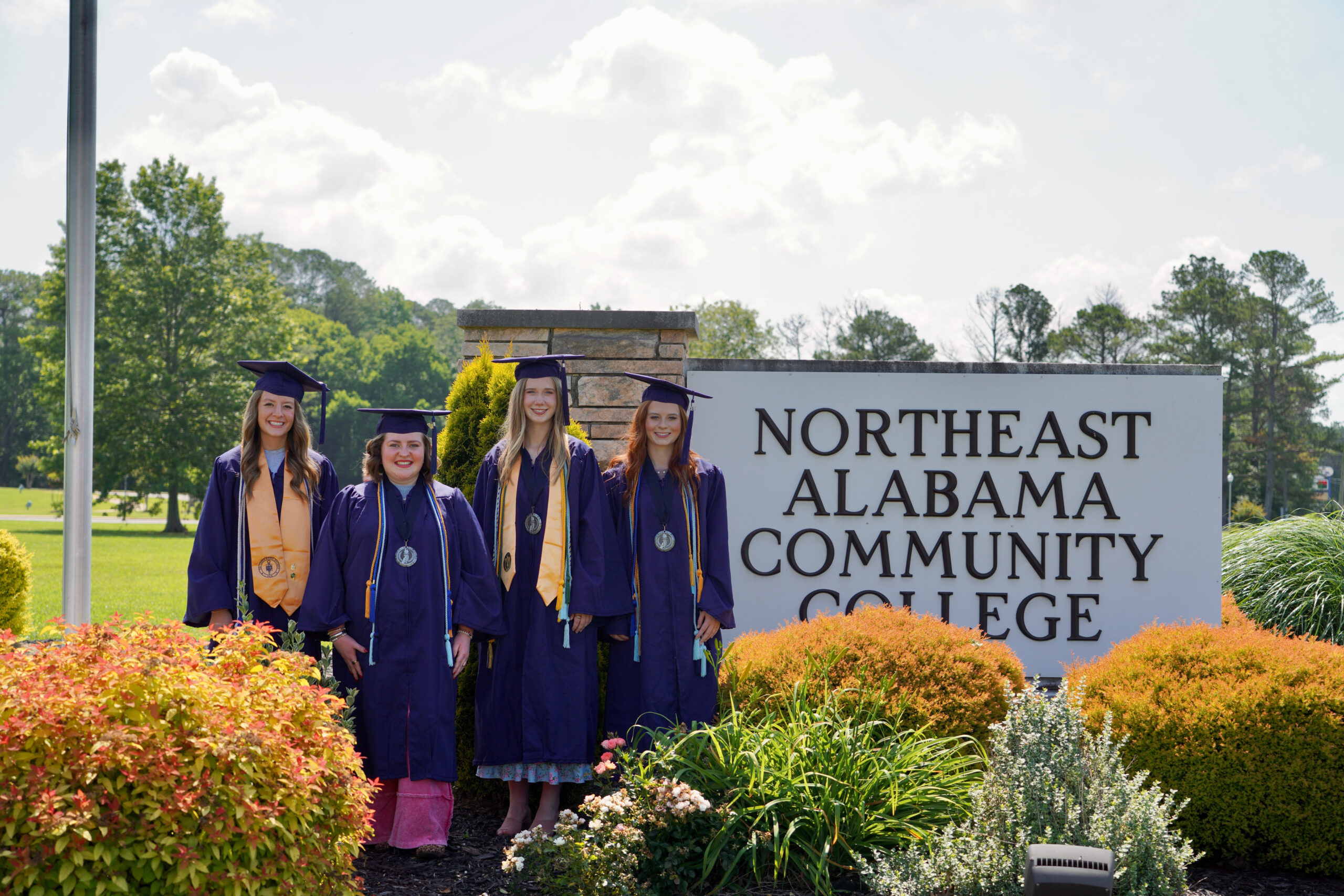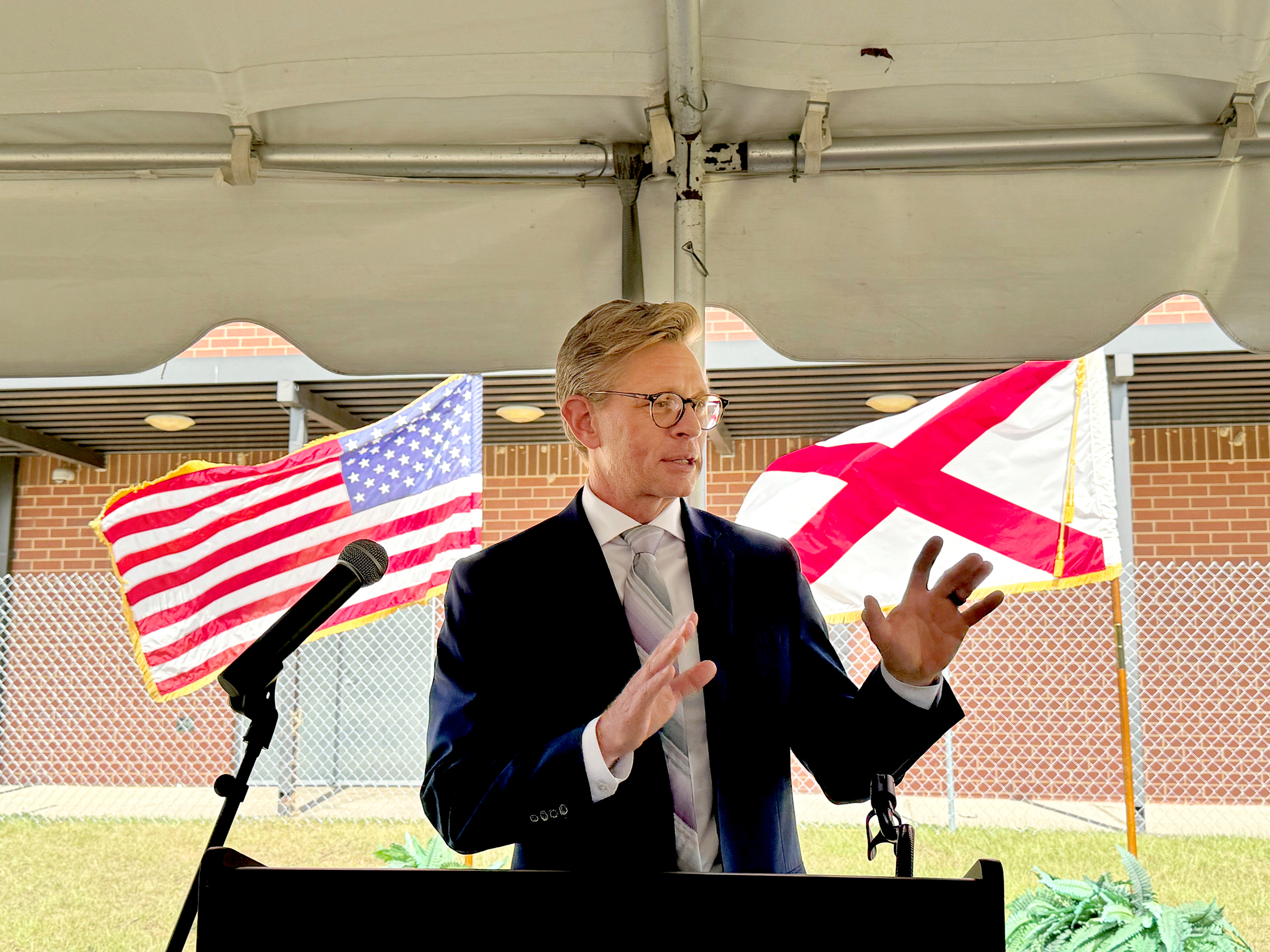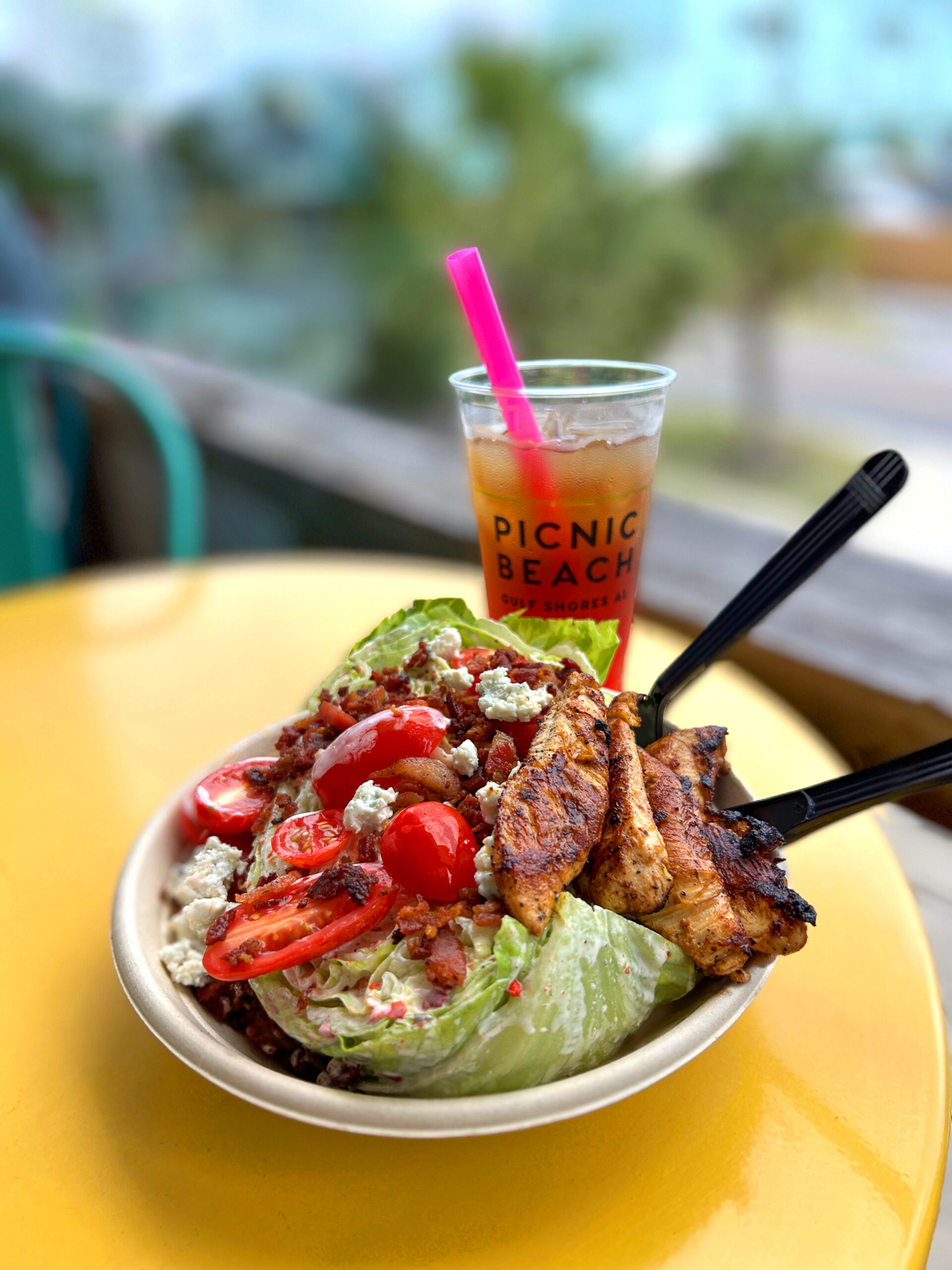Through her position as tour director at the historic Dexter Avenue King Memorial Baptist Church in downtown Montgomery, Wanda Battle has the unique opportunity to share the message and legacy of the Rev. Martin Luther King Jr., who pastored there from 1954 to 1960. It is a responsibility she takes seriously, and her talks are informative and full of history; but her tours are also engaging and enjoyable and begin (and end) with hugs and selfies. Her energy, joyful personality and love for people is infectious and undeniable. – Allison Law

You grew up in Montgomery?
I absolutely did. I was born Sept. 11, 1956, so I was born two months before the U.S. Supreme Court ruled bus segregation unconstitutional in Alabama. This was toward the end of the Montgomery Bus Boycott. My parents worked in the boycott, and (my family) has always been active in the civil and human rights movement.
In 1965, when I was 9, I remember very clearly the Selma to Montgomery march. I wasn’t old enough to be in the march. But I remember March 24, 1965, when all the celebrities – Tony Bennett, Sammy Davis Jr., Peter, Paul and Mary, Joan Baez, Leonard Bernstein – played at the Stars for Freedom rally at St. Jude (which helped encourage the marchers to continue their journey toward the Capitol).
I remember, a white guy put me on his shoulders so I could see the concert! I can still envision what that looked like, up on his shoulders, watching all of those stars. The atmosphere that night was so magnetic. It was so much energy, a momentum that could not be stopped.
When Dr. King was killed April 4, 1968, my mother moved us away to Atlanta in August of that year. I completed high school (there) and graduated from Spelman College in 1977.
When did you come back to Montgomery?
In December 1994. My third husband got me back home, and he passed away 8 months after we got here. I understand (now) why God had him to bring me back home. For such a time as this, this work that I’m doing here at Dexter, it’s like the answer to all of the challenges and all of the journey getting here.
Talk about your work at Dexter.
I have such a rare opportunity here in this position as tour director and a tour guide here at this church, which represents humanity of all people and respect, and affirmation of every diversity of person, and to honor and value what everybody brings to the table. This place represents that. It’s like God put me here. … The nonviolent movement of love and unity still continues. But it’s not about being in a protest with a sign. It’s about a lifestyle, it’s how we live every day, with the people in our homes, how we treat people in the community. How do we think about people of different diversities. It challenges all of us to be better, or to try to want to be better, if we choose to.
Please understand, I said the word “choose.” Every day, every one of us are choosing how to live this life with one another. I choose to love, forgive, be kind. I choose to be joyful.
You relate so well to children and young people. How do you do that?
Whenever I have children around me, I go into kids’ world. I go where they are. That’s another gift God has given me, the gift of teaching. Almost everybody in my family has the gift of teaching. We love sharing information and making it relatable. I’ve always had a creative mind when it comes to teaching children. I sing songs, or I engage them, to ask them questions about things to see what they know.
That singing is a hallmark of your tours.
I started singing on the tours because during the civil rights movement, prayer and singing were essential to Dr. King’s leadership. Whatever he did, he was going to pray and he was going to sing freedom songs. I started trying to bring some of that experience to visitors. But also, it gives them a sense of, where are we taking this love? This movement that represented love and struggle and victory and sacrifice. What do we do with it?
Does it ever get old, doing these tours?
(Philosopher and activist) Cornel West said it two years ago when he came here to speak at Auburn. He said “to do this work, you’ve got to pour it all out. You can’t leave anything left.” Many nights we go home, and we are so tired. Because when you are laboring doing spiritual work – it’s called tourism ministry here at Dexter – when we get home, it’s like physically we feel tired. But in the spirit, it never gets old.
What happens every day is nothing short of miracles, of meeting all of the wonderful people and the interactions that are so diverse and varied. That’s why I take so many photographs!




